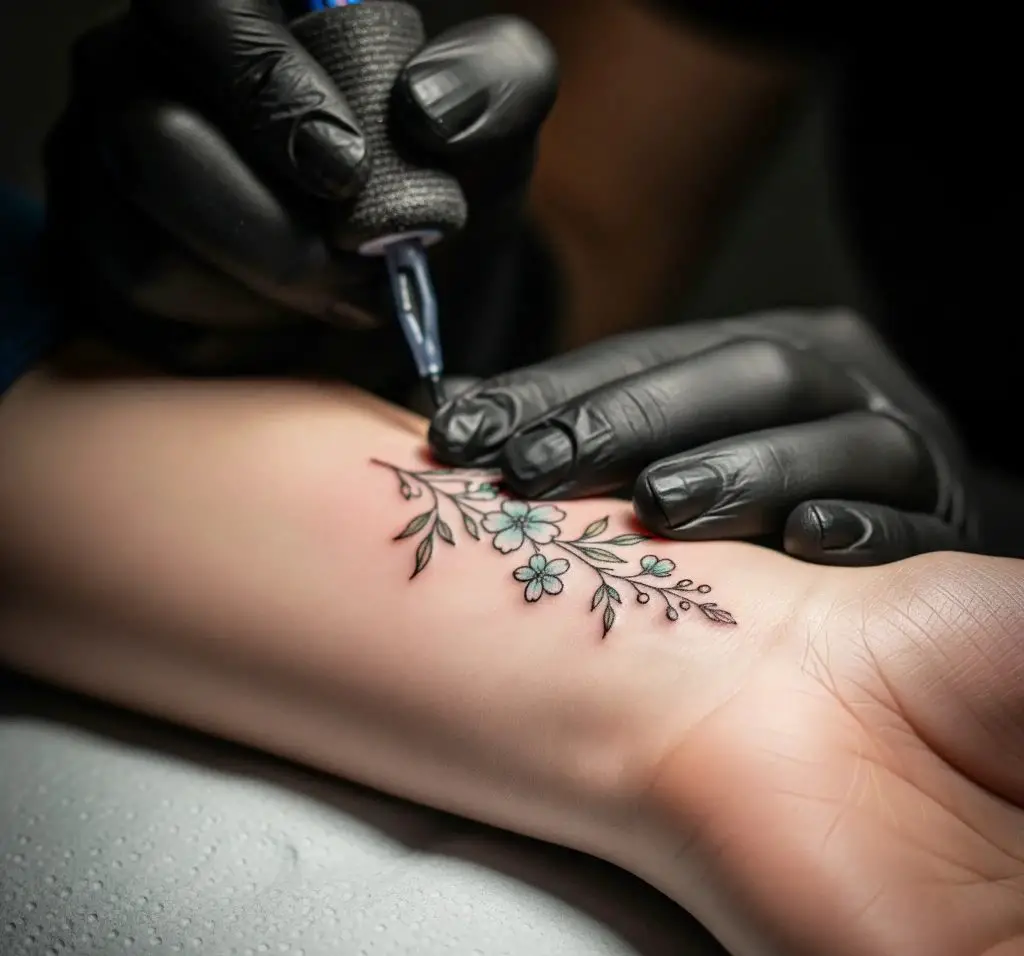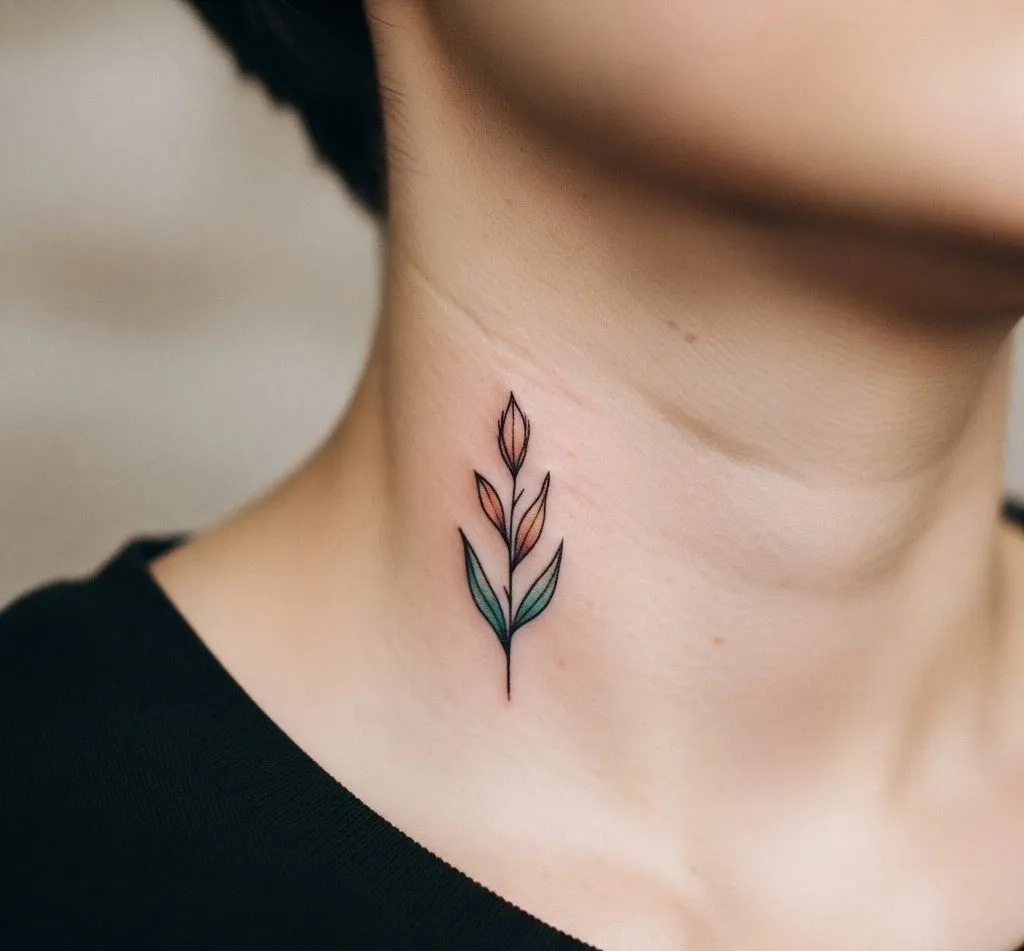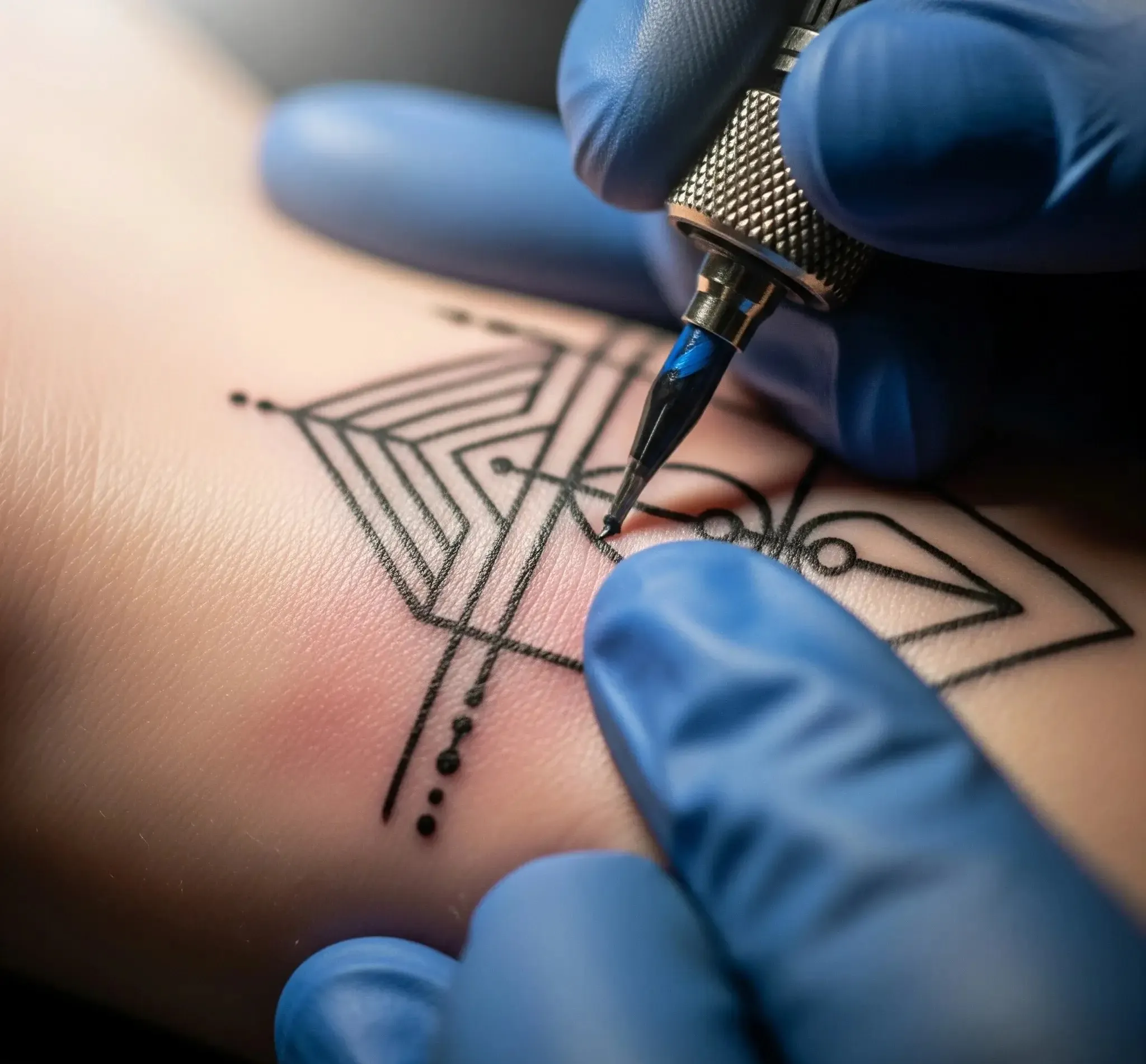Ever wondered, “Can you get a tattoo if you have sensitive skin?” You’re not alone.
Many people with skin that reacts easily to products, weather, or even light pressure worry about how their skin will handle a tattoo.
The idea of pain, irritation, or an allergic reaction can be stressful—but the truth is, having sensitive skin doesn’t automatically mean you can’t get a tattoo.
In fact, with the right planning, safe ink, and proper care, you can get tattooed without causing serious issues.
In this guide, we’ll walk you through everything you need to know about getting a tattoo if your skin is sensitive—so you can make a smart, safe, and confident decision.
What Does It Mean To Have Sensitive Skin?
Sensitive skin reacts easily to triggers like fragrances, soaps, weather, or even stress. You may experience redness, itchiness, burning, or dryness.
It’s important to understand your skin type before getting tattooed so you can prepare and protect it properly.
Can People With Sensitive Skin Safely Get Tattoos?
Yes, you can get a tattoo with sensitive skin, but it comes with extra considerations. It’s crucial to choose a reputable artist, use gentle ink, and follow a strict aftercare routine.
Many artists have experience working with clients who have skin sensitivities and can offer helpful advice.
Risks Of Tattooing On Sensitive Skin
Tattooing always involves some risk, but for sensitive skin, the chances of side effects are slightly higher. These may include:
- Excessive redness or swelling
- Itchy rashes or hives
- Allergic reactions to ink
- Slower healing
- Post-tattoo irritation or flare-ups

Common Reactions To Tattoos On Sensitive Skin
People with sensitive skin might notice:
- Prolonged itching
- Dry, flaky scabbing
- Raised or bumpy skin around the design
- Mild peeling or tightness
These symptoms are manageable, but if they persist or worsen, medical attention may be needed.
How To Know If Your Skin Is Too Sensitive For A Tattoo?
Ask yourself these questions:
- Do skincare products often cause burning or stinging?
- Have you ever had a rash from hair dye, soap, or makeup?
- Do you get eczema, psoriasis, or contact dermatitis?
If the answer is yes to most of these, speak with a dermatologist before booking a tattoo appointment.
Best Tattoo Ink For Sensitive Skin
Hypoallergenic and vegan inks are often gentler on the skin. Look for brands like:
- Eternal Ink (Vegan & Organic)
- World Famous Tattoo Ink (Cruelty-Free)
- Dynamic Ink (Trusted by pros)
Avoid inks with heavy metals, alcohol, or artificial dyes, as they may cause flare-ups.
Patch Test Before Tattooing: Is It Necessary?
Absolutely. A patch test involves placing a small drop of ink on your skin to observe for any reactions over 24-48 hours. It’s a smart, simple way to prevent larger allergic responses later on.
How To Choose A Tattoo Artist If You Have Sensitive Skin?
Look for artists who:
- Use sterile, single-use needles
- Are open to using hypoallergenic ink
- Have experience with sensitive clients
- Offer clear pre- and post-care instructions
Read reviews and don’t be afraid to ask questions before booking.
What Areas To Avoid If You Have Sensitive Skin?
Some body parts are more sensitive than others. If your skin is already reactive, you may want to avoid:
- Inner arms
- Ankles and feet
- Ribs and spine
- Neck area
Instead, opt for areas like the outer arm, thigh, or shoulder, where skin tends to be thicker and less reactive.
How To Prepare Your Sensitive Skin Before Getting A Tattoo?
Preparation is key. Here’s how to help your skin stay calm:
- Stay hydrated
- Moisturize regularly (avoid perfumed lotions)
- Avoid sun exposure
- Skip caffeine or alcohol before your session
- Get a good night’s sleep
Healthy skin handles trauma better, even if it’s sensitive.
Aftercare Tips For Sensitive Skin Post-Tattoo
Gentle aftercare makes a big difference. Follow these tips:
- Wash with fragrance-free, mild soap
- Pat dry (don’t rub!)
- Apply a thin layer of healing ointment
- Avoid scratching or picking scabs
- Wear loose, breathable clothing
Stick to your artist’s instructions closely—don’t improvise.

Natural Remedies To Soothe Irritated Tattooed Skin
Sometimes your skin needs extra love. Here are safe, natural ways to calm inflammation:
- Aloe vera gel (pure, not perfumed)
- Chamomile compresses
- Coconut oil (for dry, non-weeping skin)
- Cold packs wrapped in cloth to reduce swelling
Always patch test even natural remedies on another area first.
Signs Your Sensitive Skin Is Reacting To The Tattoo
Stay alert for signs of a reaction:
- Redness that worsens instead of fading
- Blistering or weeping fluid
- Severe itchiness or hives
- Raised, hard lumps beneath the skin
If these symptoms last more than a few days, seek medical help.
When To See A Doctor After Tattooing Sensitive Skin?
See a doctor immediately if you experience:
- Fever or chills
- Swollen lymph nodes
- Spreading redness
- Pus or foul-smelling discharge
These signs could indicate an infection or allergic reaction that needs medical treatment.
Should You Get A Tattoo With Sensitive Skin?
Yes, you can get a tattoo if you have sensitive skin, but it’s important to take smart steps to reduce risks.
From choosing the right ink and artist to following gentle aftercare, every choice matters.
With proper planning and care, many people with sensitive skin enjoy beautiful, healthy tattoos.
